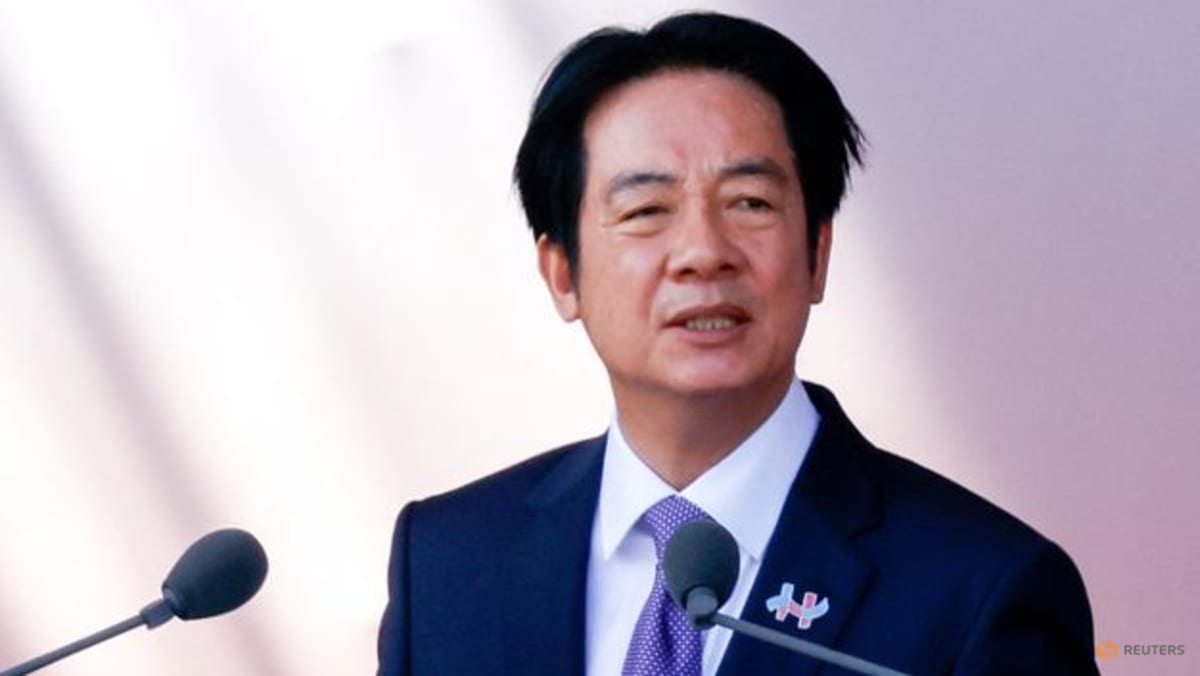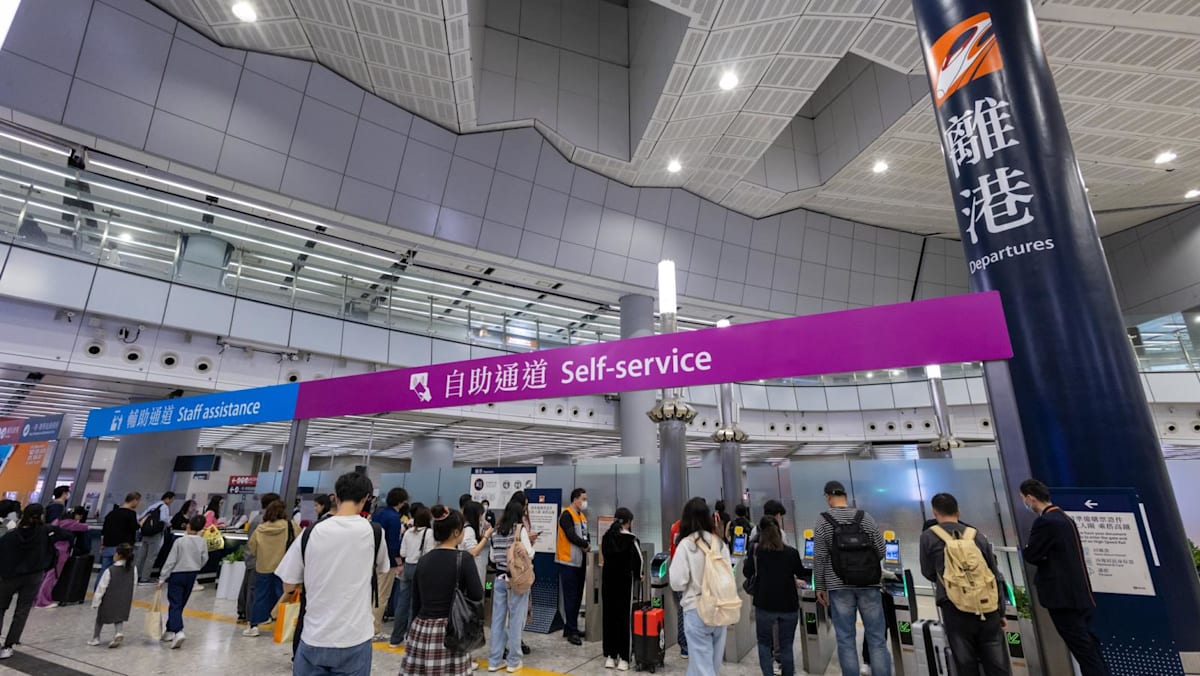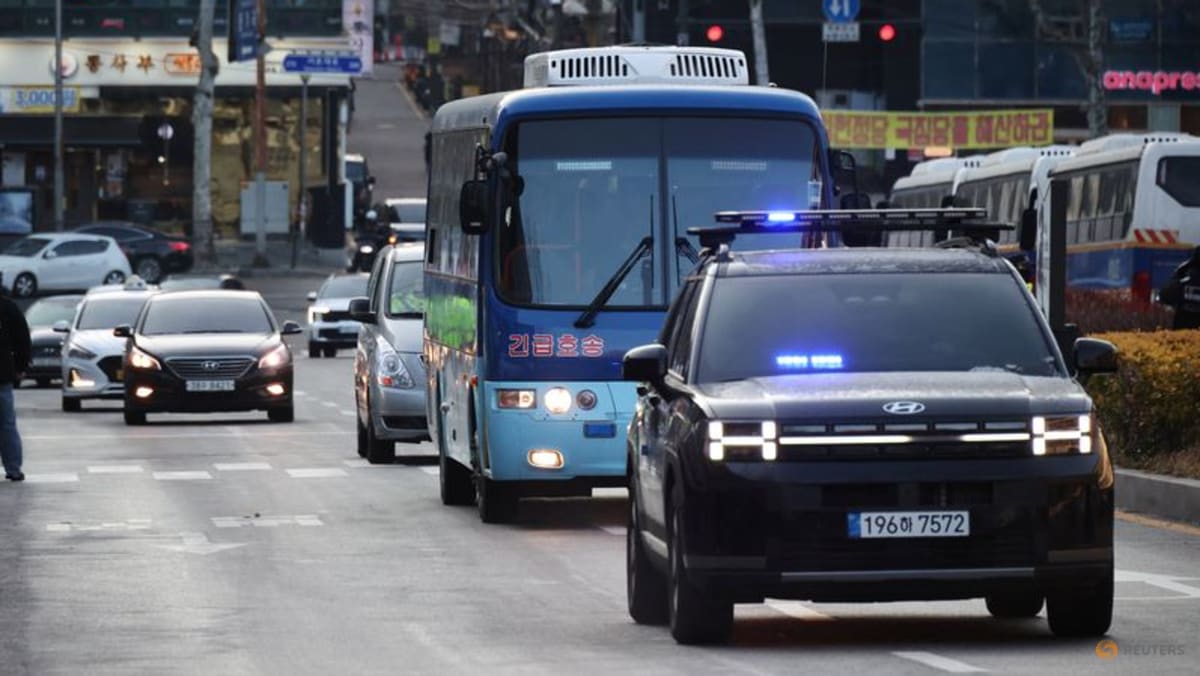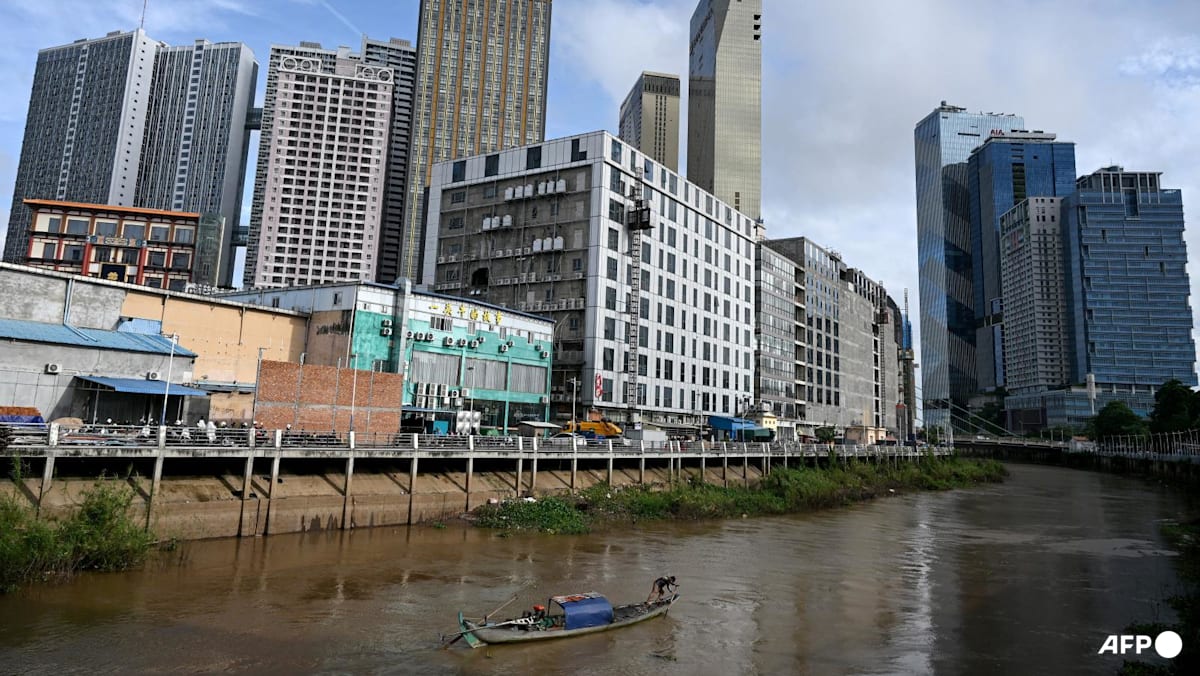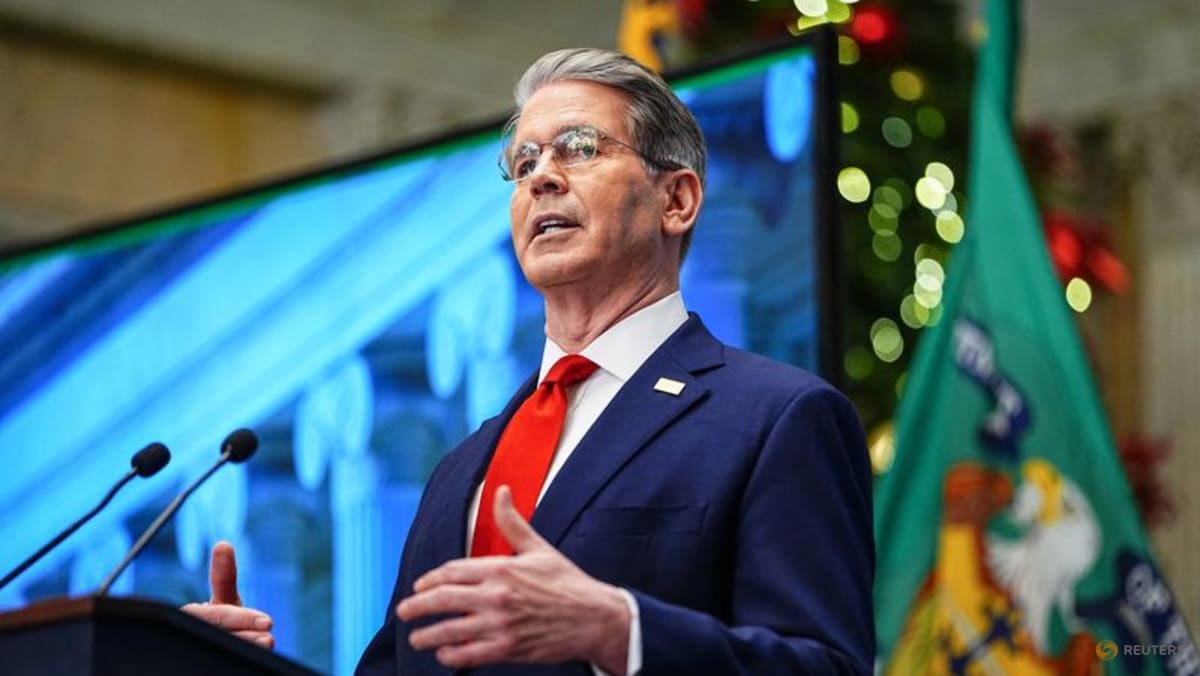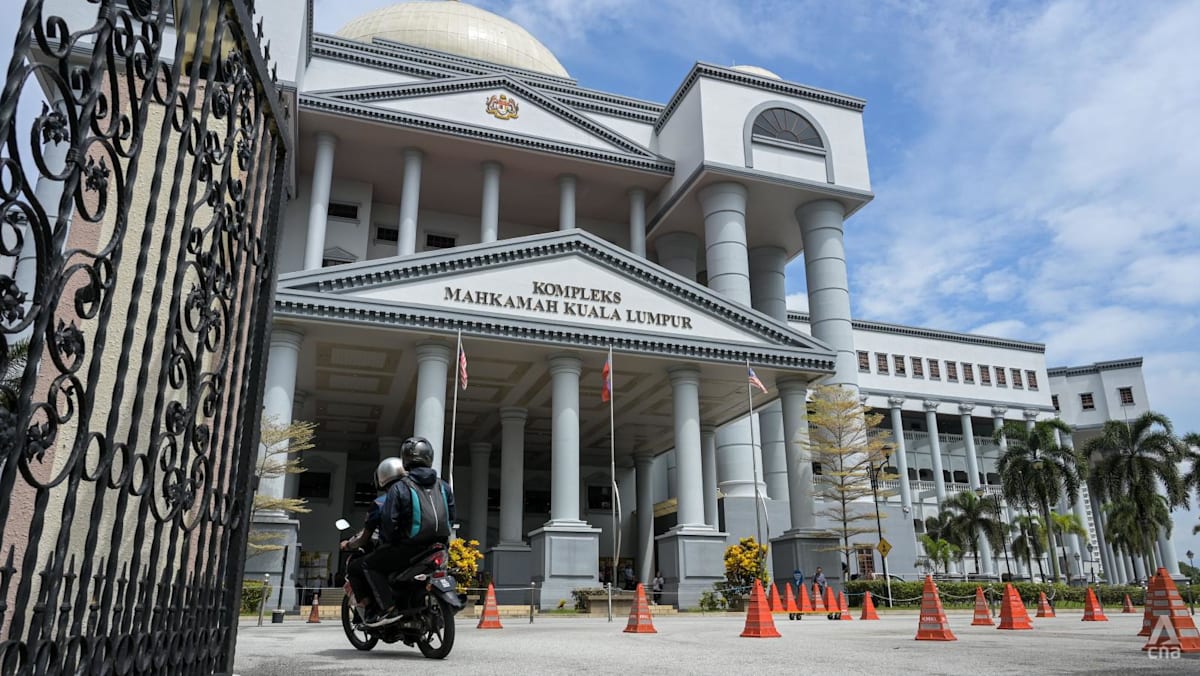A fragile global economy is at stake as US and China seek to cool tensions at APEC summit
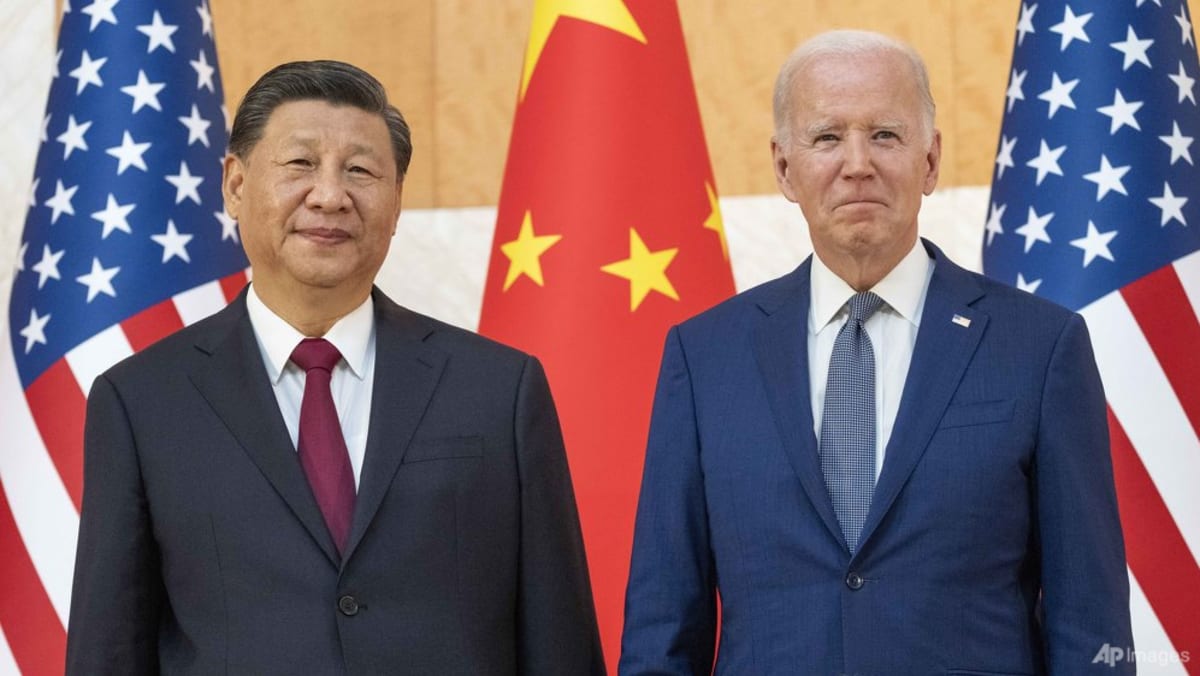
One of the tenets of Biden’s economic policy has been to reduce America’s economic reliance on Chinese factories, which came under strain when COVID-19 disrupted global supply chains, and to solidify partnerships with other Asian nations.
As part of that policy, the Biden administration last year forged the Indo-Pacific Economic Framework for Prosperity with 14 countries.
In some ways, US-China trade tensions are even higher under Biden than they were under Trump.
Beijing is seething over the Biden administration’s decision to impose – and then broaden – export controls that are designed to prevent China from acquiring advanced computer chips and the equipment to produce them.
In August, Beijing countered with its own trade curbs: It began requiring that Chinese exporters of gallium and germanium, metals used in computer chips and solar cells, obtain government licences to send those metals overseas.
Beijing has also taken aggressive actions against foreign companies in China.
Orchestrating what appears to be a counterespionage campaign, its authorities this year raided the Chinese offices of the US consulting firms Capvision and the Mintz Group, questioned Shanghai employees of the Bain & Co consultancy and announced a security review of the chipmaker Micron.
Some analysts speak of a “decoupling” of the world’s two biggest economies after decades in which they relied deeply on each other for trade.
Indeed, imports of Chinese goods to the United States were down 24 per cent through September compared with the same period of 2022.
The rift between Beijing and Washington has forced many other countries into a delicate predicament: Deciding which side they are on when they actually want to do business with both countries.
The IMF says that such economic “fragmentation” is damaging to the world. The 190-country lending agency estimates that higher trade barriers will subtract US$7.4 trillion from global economic output after the world has adjusted to the higher trade barriers.
And those barriers are rising: Last year, the IMF said, countries imposed nearly 3,000 new restrictions on trade, up from fewer than 1,000 in 2019.
The agency foresees international trade growing just 0.9 per cent this year and 3.5 per cent n 2024 – down sharply from the 2000 to 2019 annual average of 4.9 per cent.
The Biden administration insists it is not trying to undermine China’s economy.
On Friday, Treasury Secretary Janet Yellen met with her Chinese counterpart, Vice Premier He Lifeng, in San Francisco and sought to set the stage for Biden-Xi summit.
“Our mutual desire – both China and the United States – is to create a level playing field and ongoing, meaningful and mutually beneficial economic relations,” Yellen said.
Xi, too, has reason to try to restore economic cooperation with the United States.
The Chinese economy is under heavy strain. Its real estate market has collapsed, youth unemployment is rampant and consumer spirits are low. The raids on foreign businesses have spooked international companies and investors.
“With serious headwinds facing the Chinese economy and many US firms packing up their bags and leaving China, Xi needs to convince investors that China is still a profitable place to conduct business,” said Wendy Cutler, vice president of the Asia Society Policy Institute and a former US trade negotiator.
“This will not be an easy sell.”
Complicating matters is that the tensions between Washington and Beijing go well beyond economics.
Under Xi, the Chinese Communist Party has punished dissent in Hong Kong and the autonomous Muslim region of Xinjiang.
His government made aggressive territorial demands in Asia, engaging in deadly border clashes with India and bullying the Philippines and other neighbors in parts of the South China Sea it claims as its own.
It has increasingly threatened Taiwan, which it considers a renegade Chinese province.
US-China tensions could intensify next year with presidential elections in Taiwan and the United States, where criticism of Beijing is among the few areas that unite Democrats and Republicans.
Xi’s policies appear to be costing China in the battle for world opinion.
In a recent survey of people in 24 countries, the Pew Research Center reported that the United States was viewed more favorably than China in all but two nations: Kenya and Nigeria.
Could China change course?
Speaking at the Center for Strategic and International Studies think-tank in Washington, Representative Raja Krishnamoorthi, an Illinois Democrat who serves on a House committee that monitors China, noted optimistically that Xi has reversed himself before – notably in declaring a sudden end to the zero-COVID policies that crippled China’s economy last year.
“We have to give that possibility a chance, even at the same time that we hedge and protect our interests,” Krishnamoorthi said. “That’s what I’m hoping we also see come out of this meeting.”
Source: CNA



